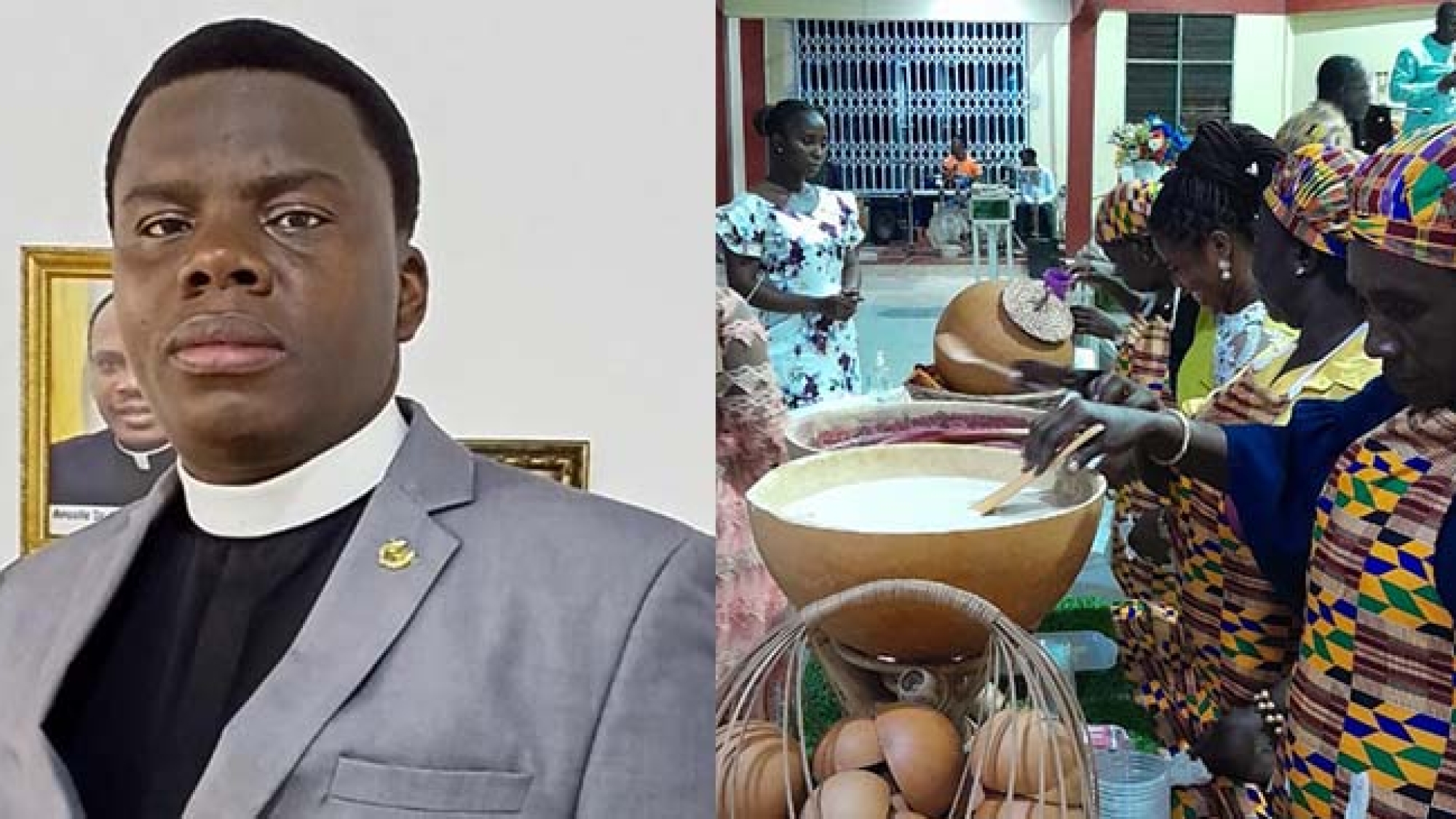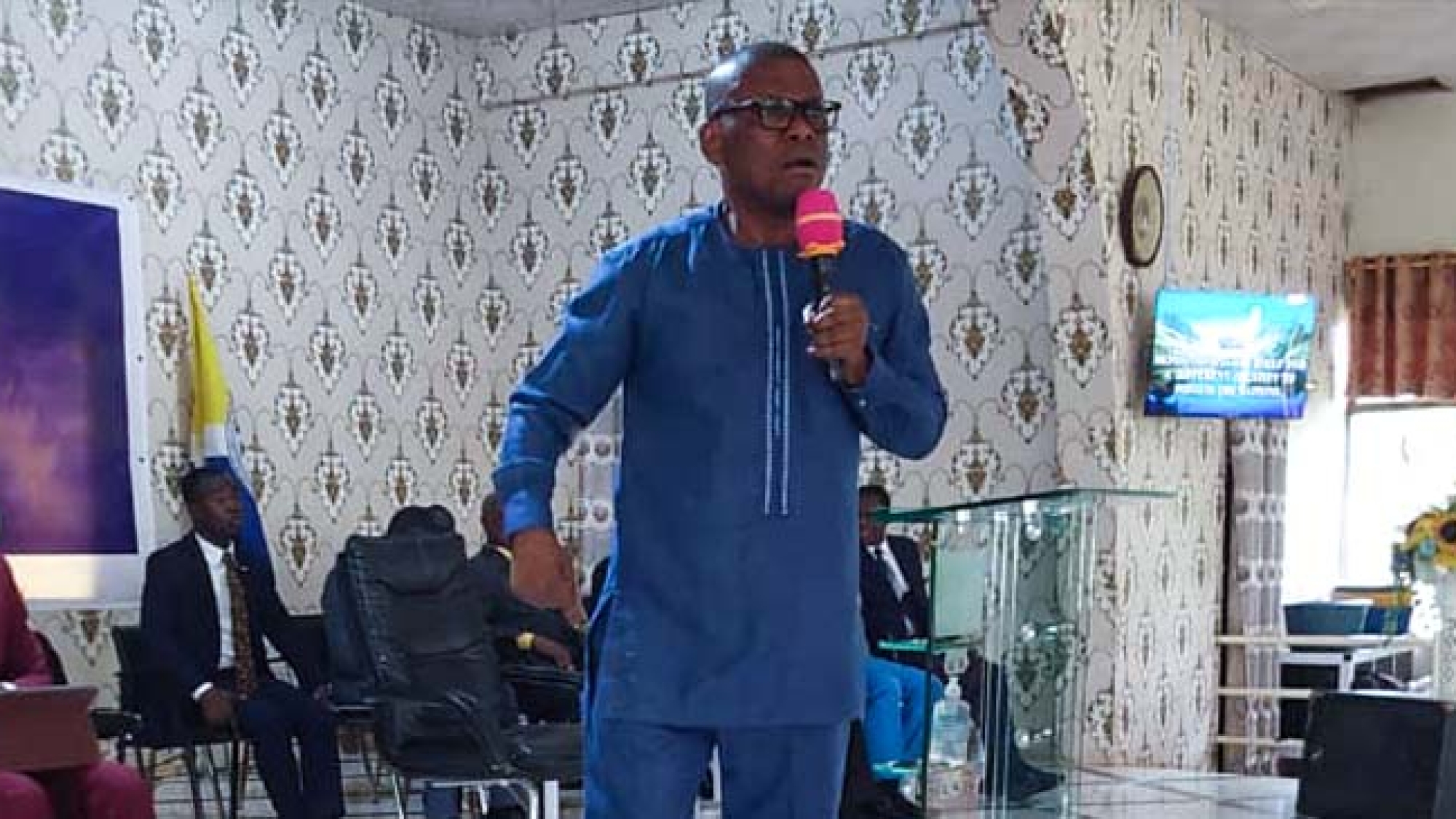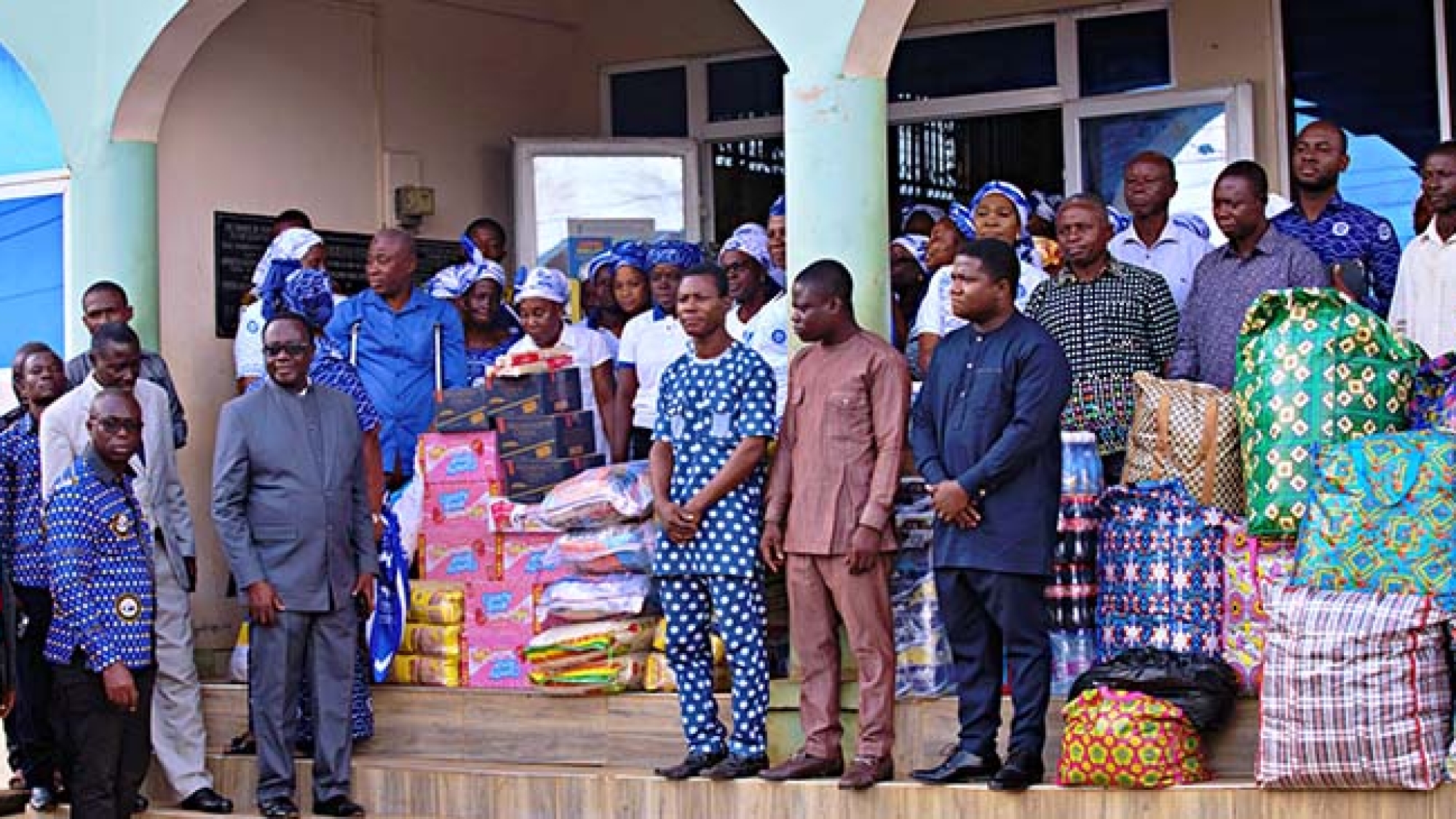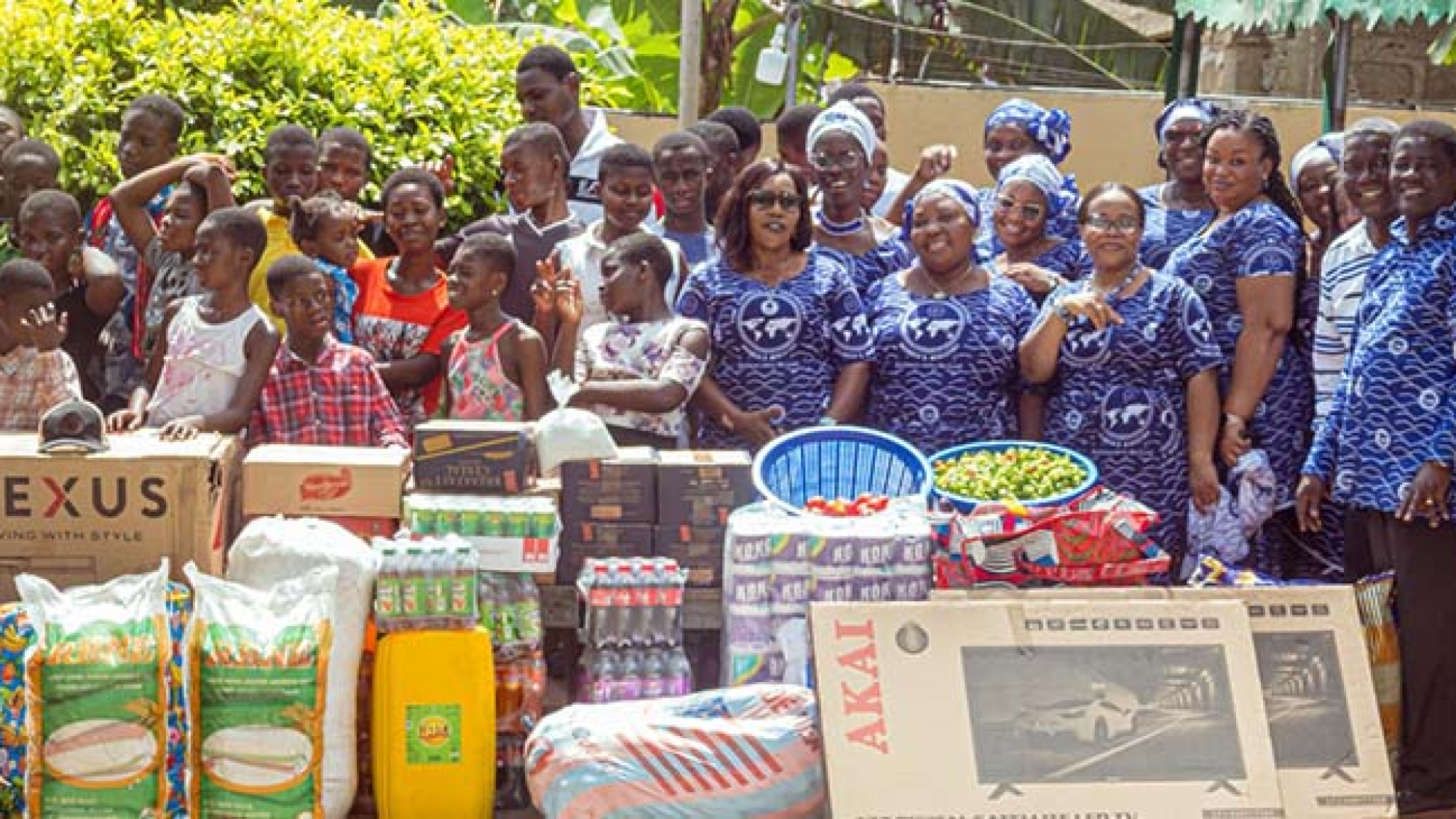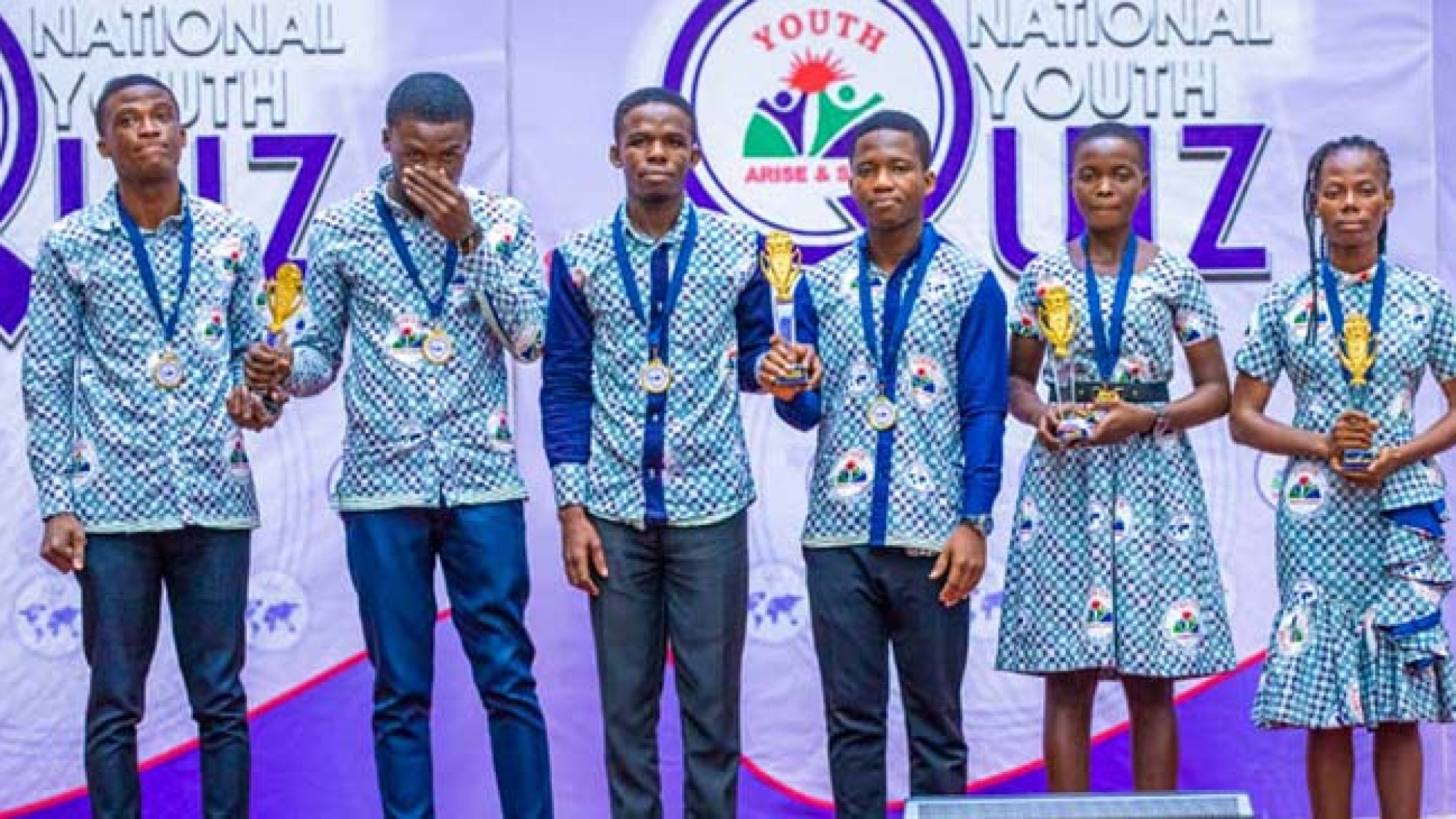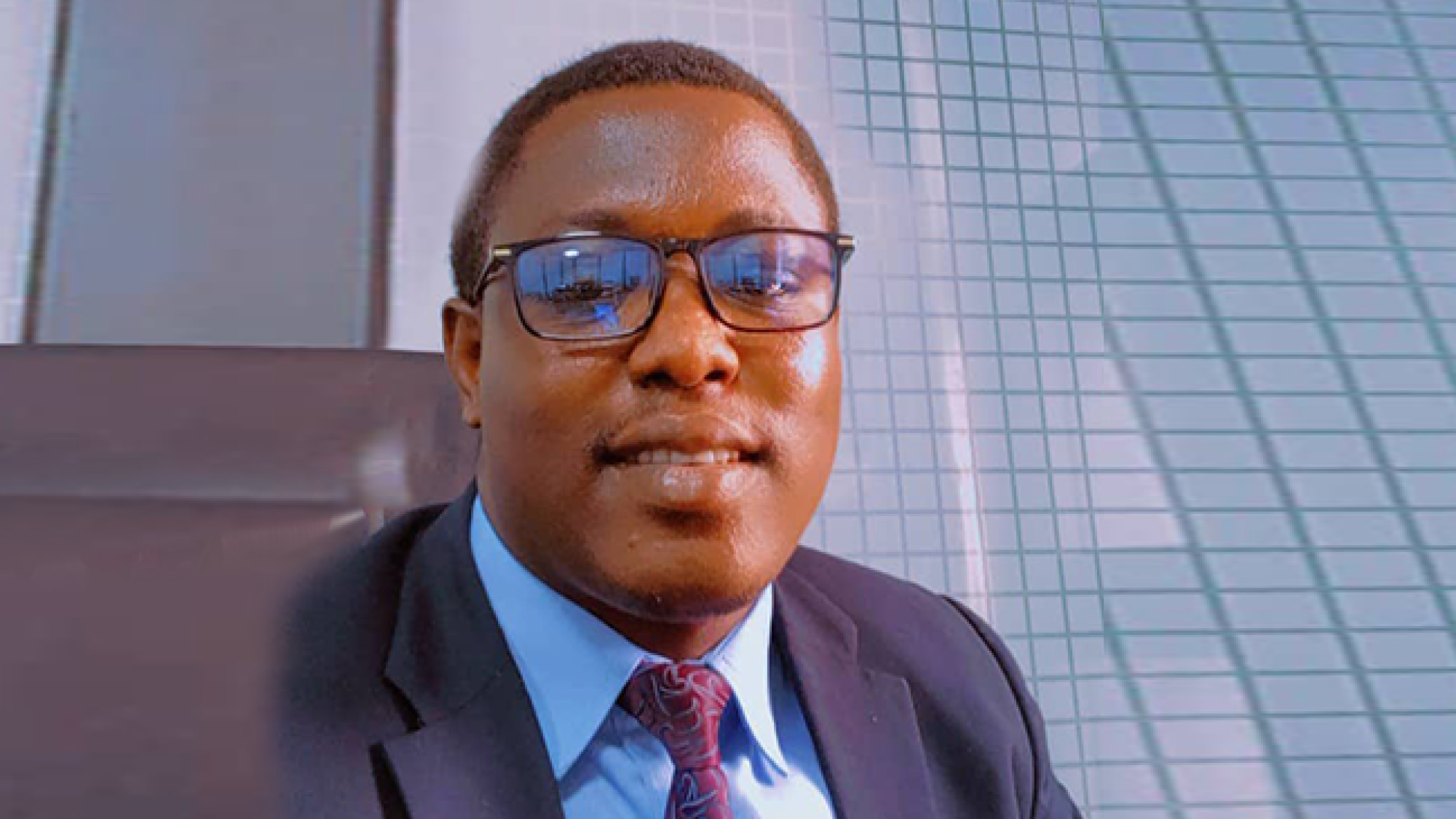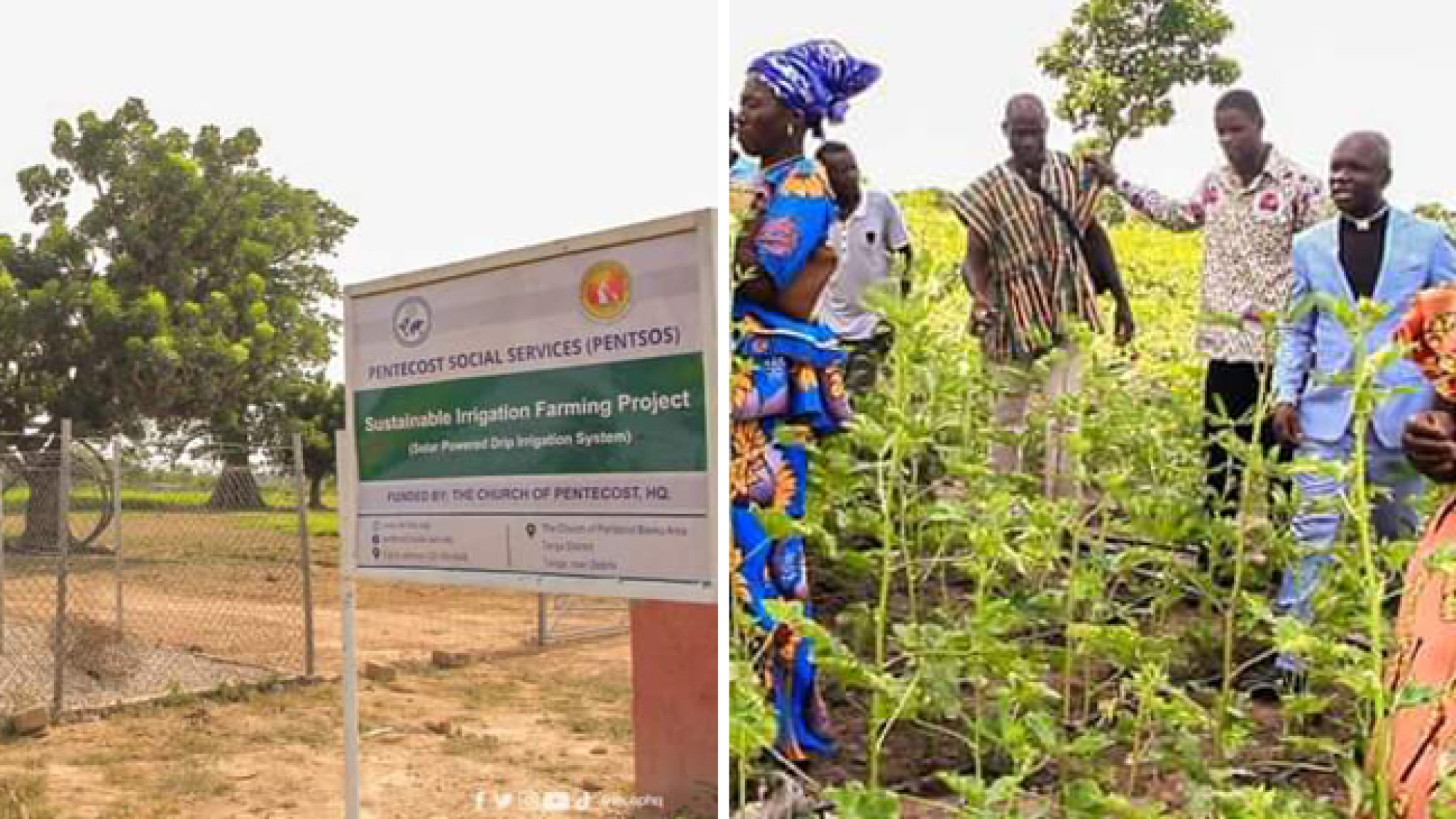Introduction:
Christmas transcends the realm of tinsel and festivities; it is a sacred season that delves into the very core of Christian theology. At its heart lies the celebration of the birth of Jesus Christ, an event that holds profound theological significance, grounded in the biblical narrative of the incarnation. This exploration aims to unravel the theological depths of Christmas, emphasizing the transformative power of Christ’s birth, the essence of worship, and the overarching theme of redemption as revealed in the Scriptures.
The Incarnation: God Becoming Man:
Central to the celebration of Christmas is the theological concept of the incarnation. The belief that God took on human flesh in the person of Jesus Christ is a cornerstone of Christian faith. The Gospel of John articulates this divine mystery: “And the Word became flesh and dwelt among us, and we have seen his glory, glory as of the only Son from the Father, full of grace and truth” (John 1:14, ESV). This scripture encapsulates the profound truth that, in the birth of Jesus, God entered into the human experience, bridging the gap between divinity and humanity.
The Apostle Paul further expounds on the incarnation in his letter to the Philippians, stating, “Have this mind among yourselves, which is yours in Christ Jesus, who, though he was in the form of God, did not count equality with God a thing to be grasped, but emptied himself, by taking the form of a servant, being born in the likeness of men” (Philippians 2:5-7, ESV). Christmas, therefore, becomes a celebration of the humility of God, who willingly took on the limitations of human existence for the redemptive purpose.
Reflecting on the Redemptive Purpose:
The birth of Jesus Christ, as celebrated in Christmas, is intricately woven with the redemptive purpose of God. The Gospel of Matthew recounts the angel’s announcement to Joseph, affirming the significance of Jesus’ birth: “She will bear a son, and you shall call his name Jesus, for he will save his people from their sins” (Matthew 1:21, ESV). This declaration echoes the prophetic anticipation of a Messiah who would come to bring salvation and reconcile humanity to God.
Isaiah’s prophecy in the Old Testament foreshadows this redemptive purpose: “Therefore the Lord himself will give you a sign. Behold, the virgin shall conceive and bear a son, and shall call his name Immanuel” (Isaiah 7:14, ESV). The name “Immanuel” means “God with us,” emphasizing the closeness of God in the act of salvation through the birth of Jesus.
Christmas as a Time for Worship:
Worship is at the core of a Christmas celebration. The shepherds, upon witnessing the angelic proclamation of Jesus’ birth, responded with spontaneous worship: “Glory to God in the highest, and on earth peace among those with whom he is pleased” (Luke 2:14, ESV). The Magi, who traveled from the East to worship the newborn King, presented gifts symbolizing the acknowledgment of Jesus’ divine status (Matthew 2:1-12).
Believers approach Christmas as a sacred time of adoration and reverence. The Gospel narratives of the nativity are read and meditated upon, and songs and carols resound with expressions of praise. The act of worship during Christmas becomes a profound acknowledgment of the divine intervention in human history and a response to the immeasurable love demonstrated through the incarnation.
Gratitude and Thanksgiving:
Gratitude is a natural response to the realization of the redemptive purpose embedded in Christmas. The Apostle Paul encourages believers to cultivate a spirit of thanksgiving: “Thanks be to God for his inexpressible gift!” (2 Corinthians 9:15, ESV). Christmas becomes a season for believers to express gratitude for the unparalleled gift of Jesus Christ, the Savior who brings forgiveness, reconciliation, and eternal life.
The birth of Jesus becomes a testament to the enduring love of God, prompting believers to offer heartfelt expressions of thanks for the grace bestowed upon them through Christ.
Sharing the Message of Salvation:
Christmas is not only a time for personal reflection but also a season for believers to actively share the message of salvation. The Great Commission, as given by Jesus to his disciples, serves as a guiding principle: “Go therefore and make disciples of all nations, baptizing them in the name of the Father and of the Son and of the Holy Spirit” (Matthew 28:19, ESV). Christmas becomes an opportune moment to extend invitations to others to partake in the joy and hope found in Christ.
The Gospel of Luke recounts the angel’s proclamation to the shepherds: “Fear not, for behold, I bring you good news of great joy that will be for all the people. For unto you is born this day in the city of David a Savior, who is Christ the Lord” (Luke 2:10-11, ESV). The inclusivity of this message underscores the universal nature of salvation offered through Jesus Christ.
Time to Share Love to Others: Being Generous
Christmas is widely regarded as a season of love, compassion, and generosity, echoing the spirit of giving that is central to many cultural and religious traditions. The idea of sharing love and being generous during Christmas is deeply rooted in the Christian faith, as exemplified in the Bible, in the book of Luke, chapter 2, verses 10-11 (NIV):
“But the angel said to them, ‘Do not be afraid. I bring you good news that will cause great joy for all the people. Today in the town of David, a Savior has been born to you; he is the Messiah, the Lord.'”
This passage refers to the angelic announcement to the shepherds about the birth of Jesus Christ. The birth of Jesus is considered the ultimate expression of God’s love for humanity, and it serves as a model for believers to follow in their own lives.
The Christmas season, with its emphasis on giving and sharing, provides an opportunity for individuals to reflect on these teachings and to actively demonstrate love and generosity in their communities and wherever they found themselves. It is a time to reach out to others and extending a helping hand.
My Advice for the youth in this season:
Know you are a Child of God: Choose Healthy Alternatives: Choosing healthy alternatives is crucial for your overall well-being. Activities such as smoking, drinking, fornication, among various other harmful habits, can have detrimental effects on your health and your spiritual life. This holiday season, be mindful of the choices you make, recognizing that your body is a temple of the Holy Spirit. The wisdom from 1 Corinthians 6:19-20 (ESV) reminds us, ‘Or do you not know that your body is a temple of the Holy Spirit within you, whom you have from God? You are not your own, for you were bought with a price. So glorify God in your body.’ Let this truth guide your choices, leading you to glorify God through caring for the precious gift of your body.
Surround Yourself with Positive Influences: Spend time with friends and family who support, love, encourage, uplift, inspire, and share similar values. Seek guidance from mentors or role models who have qualities and values you admire. Their wisdom and experience can positively influence your decisions and actions. Surrounding yourself with a supportive network can help steer you away from negative behaviors. Remember the bible says “bad company corrupts good character” 1 Cor.15:33
Set Clear Personal Boundaries: Establish clear boundaries for yourself. Decide in advance what activities align with your values and morals and commit to avoiding situations that may lead to engaging in harmful habits. Abstain from sexual activities as unmarried youth. Sexual purity is a valuable commitment. “Flee from sexual immorality. Every other sin a person commits is outside the body, but the sexually immoral person sins against his own body.” (1 Corinthians 6:18, ESV)
Choose Modest Attire: Dressing modestly reflects respect for yourself and others. Choose attire that is tasteful and glorifies the Lord. “I also want the women to dress modestly, with decency and propriety, adorning themselves, not with elaborate hairstyles or gold or pearls or expensive clothes.” (1 Timothy 2:9, NIV)
Practice Self-Control: Exercise self-control in all aspects of your life, avoiding excessive behaviors that can lead to negative consequences. “But the fruit of the Spirit is love, joy, peace, forbearance, kindness, goodness, faithfulness, gentleness and self-control. Against such things there is no law.” (Galatians 5:22-23, NIV)
Reflect on the True Meaning of Christmas: Take time to reflect on the true meaning of Christmas—celebrating the birth of Jesus Christ and the love, joy, and hope He brings. “And the angel said to them, ‘Fear not, for behold, I bring you good news of great joy that will be for all the people.'” (Luke 2:10, ESV)
Seek Forgiveness and Redemption: If you’ve made mistakes, seek forgiveness, and commit to a path of redemption. Christmas is a season of grace and renewal. “If we confess our sins, he is faithful and just to forgive us our sins and to cleanse us from all unrighteousness.” (1 John 1:9, ESV)
During this season, I encourage not only Christians but also those who may not share the same faith or have temporarily stepped away from it to stir themselves up. Consider joining various conventions, gatherings, or reflective events to create space for divine visitations and spiritual experiences.
Reflect on the profound love that God has shown us through the gift of Jesus Christ during Christmas. Regardless of your current beliefs, take this time to ponder the message of love, joy, and peace that is at the heart of the Christmas story.
Reciprocating this love involves not only reaching out to others with kindness but also turning inward to express gratitude and love towards the divine. Seek moments of introspection and connection with the spiritual aspects of this season.
Remember the universal message of love, compassion, and goodwill that Christmas embodies. It’s an opportunity for everyone, regardless of their faith journey, to experience a sense of renewal, hope, and divine presence.
As you celebrate the season, may it be a time of reflection, spiritual awakening, and a rekindling of love both towards others and towards the divine.
Conclusion:
Christmas is a multifaceted celebration that unfolds the theological richness of the incarnation. Through the lens of Scriptures, believers delve into the mystery of God becoming man, reflecting on the redemptive purpose embedded in Christ’s birth. The celebration is not confined to rituals and traditions but serves as a platform for worship, gratitude, and the proclamation of salvation to a world in need. Christmas becomes a profound theological journey, an invitation to encounter the living God who entered human history to bring hope, joy, and eternal life.
Written by Elder Johnson Nyormah (Pentecost University)






